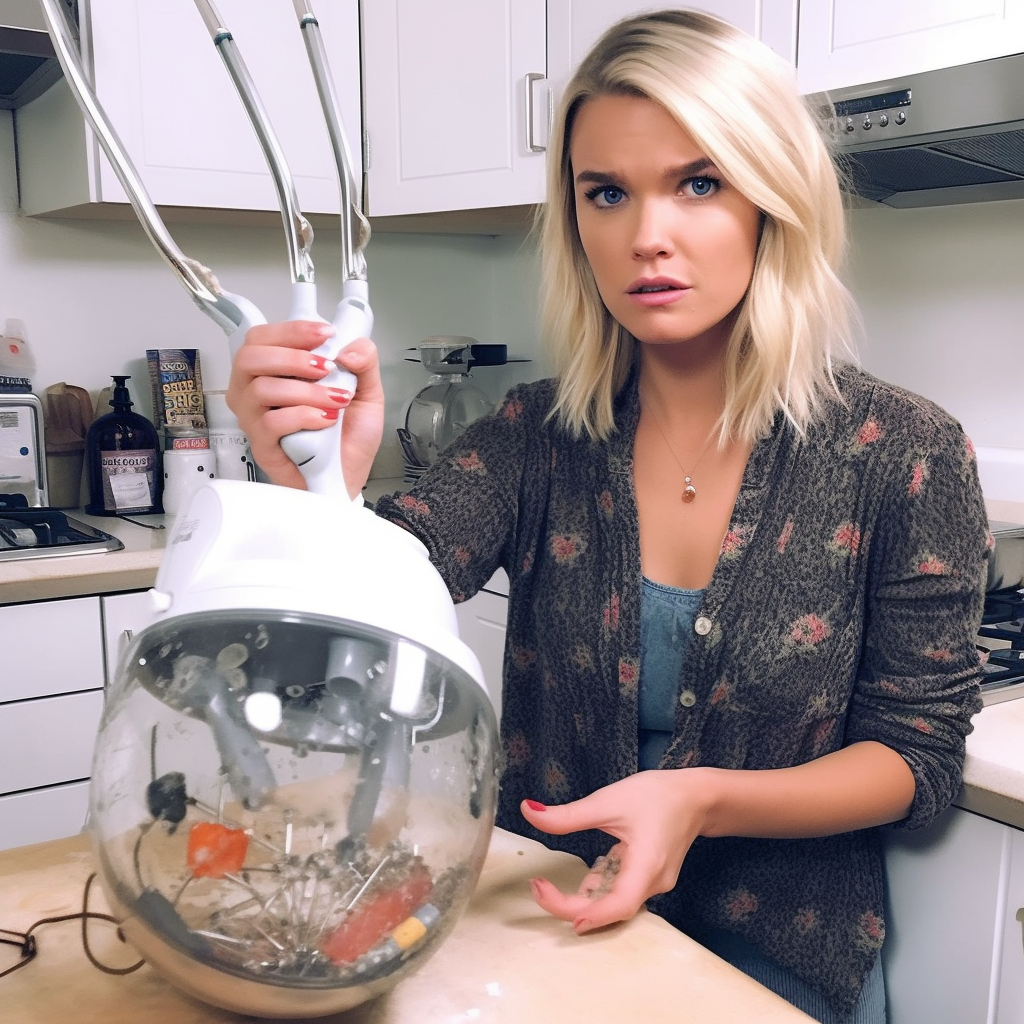Awkward
Definition
Awkward describes a situation or action that is clumsy, uncomfortable, or difficult to manage. It can also refer to a person lacking grace or ease in movement, or a social situation that is embarrassing or uncomfortable.
Parts of Speech
- Adjective
Pronunciation
American English
- IPA Pronunciation: /ˈɔːkwərd/
- Respelling: AWK-wərd
British English
- IPA Pronunciation: /ˈɔːkwəd/
- Respelling: AWK-wəd
The pronunciation of "awkward" is similar in both American and British English, with slight variation in the ending sound.
Etymology
The word "awkward" comes from the Middle English word "awk," meaning "backhanded or clumsy," combined with the suffix "-ward," indicating direction. Its origins trace back to the Old Norse "afugr," meaning "turned the wrong way," and it initially described someone moving or facing in the wrong direction.
Derivatives
- Awkwardly (adverb)
- Awkwardness (noun)
- Unawkward (adjective)
- Reawkward (adjective)
- Awkwarding (verb, informal use)
Synonyms
- Clumsy
- Uncomfortable
- Embarrassing
Antonyms
- Graceful
- Comfortable
- Easy
Usage
The term "awkward" is frequently used to describe uncomfortable or difficult situations, social interactions, or movements. For example, "The silence after his comment was awkward," or "She felt awkward trying to carry all the boxes at once." The word can refer to physical clumsiness or social unease.
Related Terms
- Uncomfortable: Feeling physical discomfort or social unease.
- Embarrassing: Causing someone to feel awkward, self-conscious, or ashamed.
- Clumsy: Lacking skill or grace in movement or handling objects.
Detailed Definitions
Adjective
- Causing discomfort or embarrassment: Refers to a situation or interaction that is uneasy or embarrassing.
- Example: "The long silence after her question made things awkward."
- Lacking grace or skill in movement or action: Describes a person or an act that is physically clumsy or uncoordinated.
- Example: "He was an awkward dancer, often stepping on his partner's feet."
- Difficult to handle or use: Refers to an object or task that is challenging to manage or manipulate.
- Example: "The furniture was awkward to move up the stairs."
awkward



🇨🇳 Mandarin
- 尴尬 (gāngà)
- IPA Pronunciation: /kán.kâ/
- Respelling in English: gan-gah
🇮🇳 Hindi
- अजीब (ajīb)
- IPA Pronunciation: /əˈdʒiːb/
- Respelling in English: uh-jeeb
🇪🇸 Spanish
- incómodo
- IPA Pronunciation: /inˈkomoðo/
- Respelling in English: in-koh-moh-doh
🇫🇷 French
- mal à l'aise
- IPA Pronunciation: /mal‿a lez/
- Respelling in English: mal a lez
🇦🇪 Modern Standard Arabic
- محرج (muḥraj)
- IPA Pronunciation: /muħræd͡ʒ/
- Respelling in English: moo-hraj
🇧🇩 Bengali
- বিচিত্র (bicitra)
- IPA Pronunciation: /bitʃitro/
- Respelling in English: bee-chee-tro
🇷🇺 Russian
- неловкий (nelovkiy)
- IPA Pronunciation: /nʲɪˈlovkʲɪj/
- Respelling in English: nee-lov-kee
🇵🇹 Portuguese
- constrangedor
- IPA Pronunciation: /kõʃtɾɐ̃ˈʒeduɾ/
- Respelling in English: kohn-strahn-zhay-dor
🇮🇩 Indonesian
- canggung
- IPA Pronunciation: /t͡ʃaŋ.ɡuŋ/
- Respelling in English: chahng-goong
🇩🇪 German
- ungeschickt
- IPA Pronunciation: /ʊnɡəˈʃɪkt/
- Respelling in English: oon-ge-shikt
🇯🇵 Japanese
- 気まずい (kimazui)
- IPA Pronunciation: /ki.ma.zɯ.i/
- Respelling in English: kee-mah-zoo-ee
🇻🇳 Vietnamese
- ngượng ngịu
- IPA Pronunciation: /ŋɯəŋ˨˩ ŋi.ju˧˧/
- Respelling in English: nguh-ng nee-yoo
🇰🇷 Korean
- 어색한 (eosaekhan)
- IPA Pronunciation: /ʌ.sa̠kʰa̠n/
- Respelling in English: uh-sahk-hahn
🇹🇷 Turkish
- garip
- IPA Pronunciation: /ɡaˈɾip/
- Respelling in English: gah-rip
🇵🇰 Urdu
- بدنما (badnumā)
- IPA Pronunciation: /bəd.nʊma/
- Respelling in English: buhd-noo-mah





